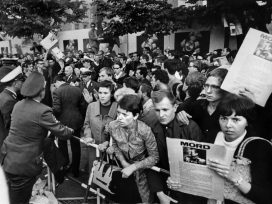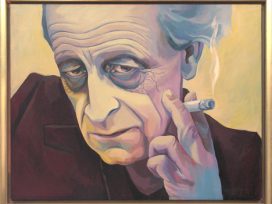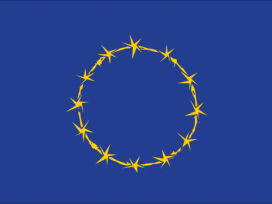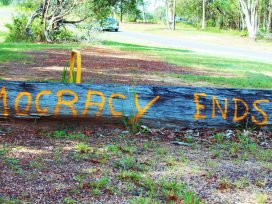
«Literary perspectives» is an ongoing series of essays that aims to provide an overview of diverse literary landscapes, describing the current literary climate in specific European countries, regions and languages.

«Literary perspectives» is an ongoing series of essays that aims to provide an overview of diverse literary landscapes, describing the current literary climate in specific European countries, regions and languages.

Forty years on, the differences between the 1968 uprisings in western and eastern Europe move into ever sharper focus. "In retrospect, the great event of '68 in Europe was not Paris, but Prague. But we were unable to see this at the time."

To coincide with the awarding of the 2016 Jean Améry Prize for European essay writing, Eurozine publishes essays by authors nominated for the prize, including a representative selection of Eurozine partner journals.

The Snowden leaks and the ensuing NSA scandal made the whole world debate privacy and data protection. Now the discussion has entered a new phase - and it's all about policy. A focal point on the politics of privacy: claiming a European value.

The fate of migrants and refugees attempting to enter Fortress Europe has triggered a new European debate on laws, borders and human rights. A debate riddled with the complex, often epic, narratives that underlie immediate crisis situations.

At a time when the global pull of democracy has never been stronger, the crisis of democracy has become acute. Eurozine has collected articles that make the problems of democracy so tangible that one starts to wonder if it has a future at all, as well as those that return to the very basis of the principle of democracy.